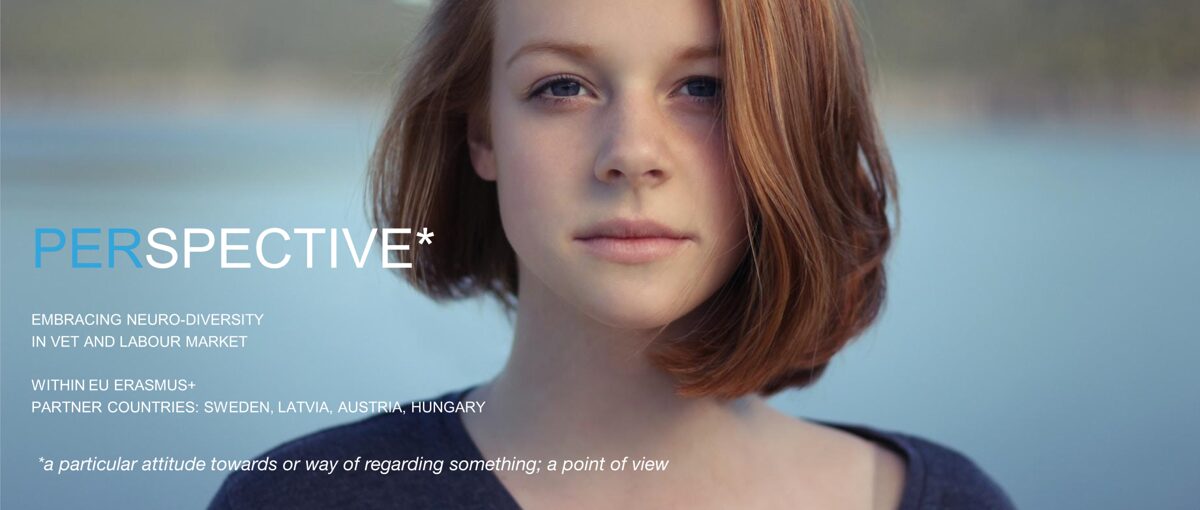INSIGHT – MOTIVATION FOR THE PROJECT
Being the “different”. What does it really mean? Is it about thinking and behaving differently than other people? Maybe it’s just about being WHO WE ARE and embracing it – without judgement, discrimination or comparisons. That would be the logical way. Right? But we still see that there is a strong social stigma stemming from a lack of knowledge, false perceptions and generalisations about autistic people.
For any change to happen – the first is awareness. It's an ongoing process of having those conversations. Sometimes challenging, but always honest and leading towards social innovation and REAL impact. And always – including the PERSPECTIVE of autistic people themselves and inviting others to re-evaluate their perspectives, as it can and will lead to another experience, no matter what their professional profile is.
WHAT DO WE AIM FOR?
The project aims to address neurodiversity (with a focus on autism). We want to join and contribute based on our know-how in the fields of D&I and VET.
We see the global-scale success of such platforms as Richard Branson's “Made by Dyslexia”, where he not only re-shapes the conversation about dyslexia but also offers guidance for the education field and companies. Why has it gained such resonance? Because he tells his story honestly, exploring how it shaped him into the person he is today. Simple and clear, with a unique approach. Such an approach helps to bring change both into education and labour markets.
To bring practical change and help professionals and autistic people learn and work according to their needs and aspirations, we need to equip VET professionals and company representatives with inspiration and practical educational tools. We aim to develop a motivational and educational short film about autism and a practical needs-based “Toolbox” to enable professional growth in this rapidly changing world which requires agility and the ability to adjust.
The project is funded by the European Union. Views and opinions expressed are however those of the author(s) only and do not necessarily reflect those of the European Union or European Commission. Neither the European Union nor the granting authority can be held responsible for them. Project Number: 2023-1-SE01-KA220-VET-000156500.


